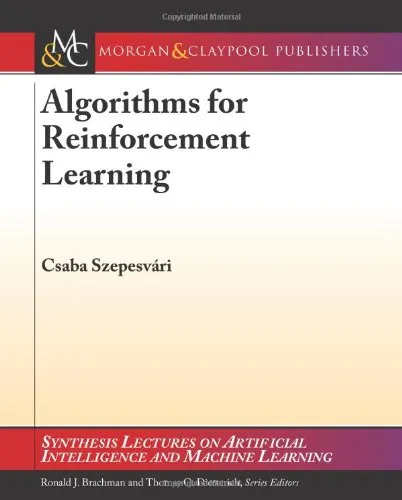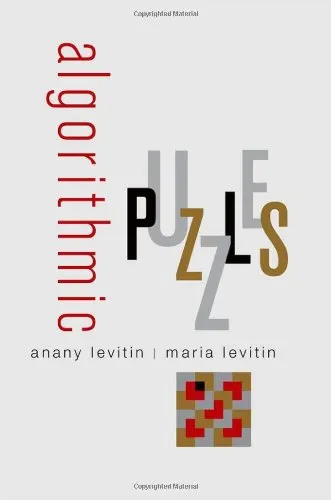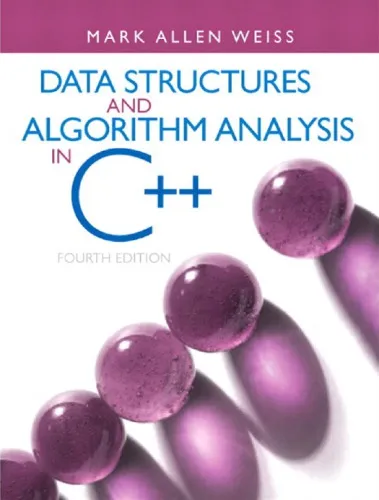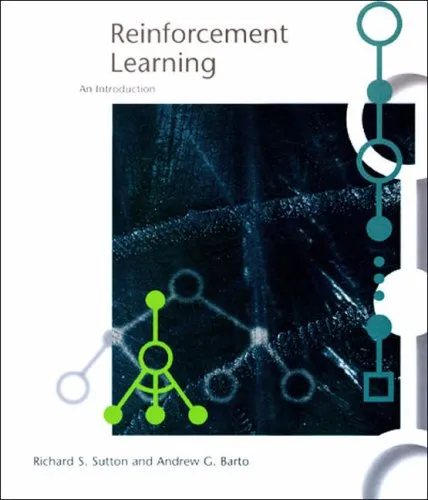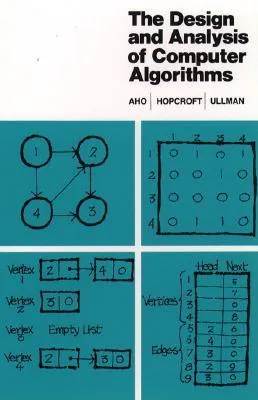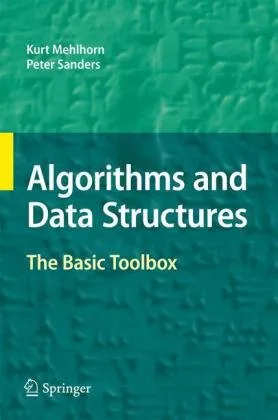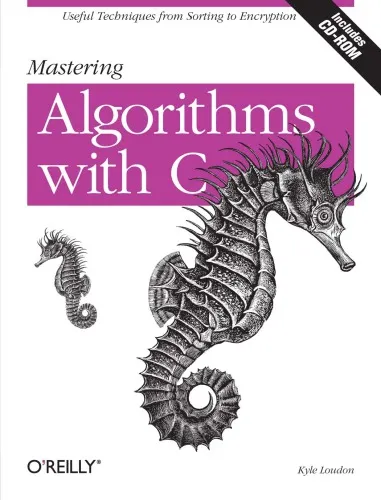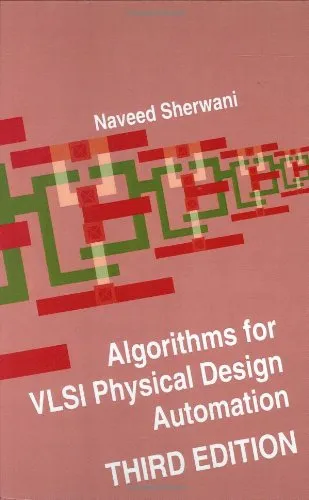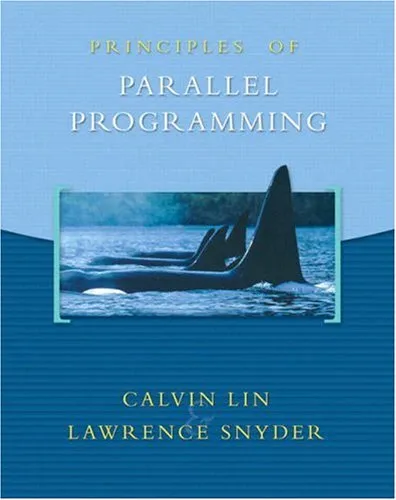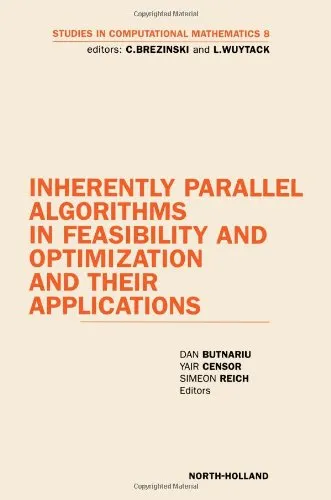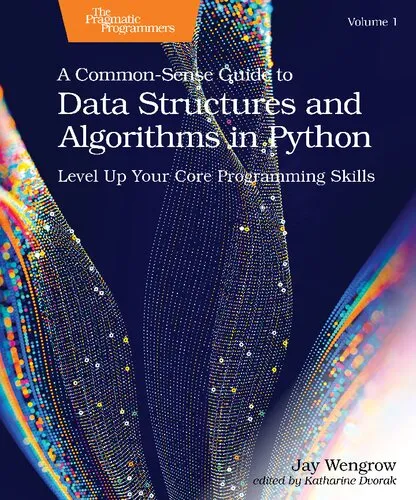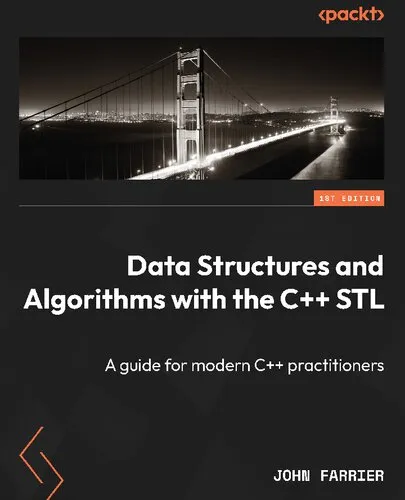Algorithms for Reinforcement Learning
4.5
Reviews from our users

You Can Ask your questions from this book's AI after Login
Each download or ask from book AI costs 2 points. To earn more free points, please visit the Points Guide Page and complete some valuable actions.Related Refrences:
Introduction to "Algorithms for Reinforcement Learning"
"Algorithms for Reinforcement Learning" is a comprehensive and authoritative guide to understanding the algorithms at the heart of reinforcement learning (RL). Written to serve both as a self-contained resource and as a reference for advanced studies, the book bridges the gap between fundamental concepts and practical implementations, making it invaluable to both beginners and experienced practitioners in the field of artificial intelligence.
Reinforcement learning, at its core, is a framework for solving problems where learning happens through interaction with an environment. This book provides an in-depth exploration of the mathematical principles, key algorithms, and techniques that empower RL to function effectively in varied applications — from autonomous systems to game playing and robotics. Through its clear exposition and organized structure, the book unfolds the nuances of RL in a way that's both scientific and approachable, offering insights to researchers and industry professionals alike.
Detailed Summary of the Book
The book begins with an introduction to the foundational aspects of reinforcement learning. The author gradually builds up the reader's knowledge base, covering essential mathematical tools like Markov Decision Processes (MDPs), the Bellman equation, and value functions. These tools form the theoretical bedrock that underpins reinforcement learning algorithms.
Later sections of the book focus on central algorithms, divided into two main categories: value-based methods and policy-based methods. Value-based approaches, such as Q-Learning and Temporal Difference (TD) Learning, are thoroughly discussed, with a focus on their convergence properties, practical trade-offs, and use cases. Policy-based techniques, including policy gradient methods, bring an alternative perspective, and their benefits in handling large or continuous action spaces are evaluated.
"Algorithms for Reinforcement Learning" also deals with advanced topics such as exploration strategies, function approximation (necessary for scaling RL to high-dimensional problems), and optimization challenges. These sections are presented in a concise yet rigorous manner, balancing simplicity and depth. The book concludes with reflections on open problems in RL, guiding readers toward future research directions.
Throughout, the material is accompanied by illustrative examples, algorithm pseudocode, and discussions of underlying assumptions. This structured approach aims to illuminate the pathway from ideas to implementations, enabling readers to develop a deeper intuition for the algorithms and their applications in real-world contexts.
Key Takeaways
- Gain an in-depth understanding of the mathematical foundations of reinforcement learning, including MDPs and dynamic programming principles.
- Learn about essential RL algorithms like Q-Learning, SARSA, and policy gradient methods, with an emphasis on their strengths and challenges.
- Understand the role of exploration versus exploitation, and explore strategies for optimal decision-making in uncertain environments.
- Delve into advanced concepts like function approximation and optimization techniques, essential for scaling RL to practical problems.
- Develop insights into open challenges and future research directions within reinforcement learning.
Famous Quotes from the Book
"Reinforcement learning is the science and art of decision-making under uncertainty, where the agent learns from its own actions and their outcomes."
"The challenge of reinforcement learning lies not in solving problems cherry-picked for simplicity, but in tackling real-world domains with vast complexities and unknowns."
Why This Book Matters
In the era of ever-expanding applications of artificial intelligence, reinforcement learning stands out as a versatile and powerful paradigm for solving problems that require decision-making in dynamic environments. This book addresses the urgent need for a structured resource that guides readers through both the fundamental and advanced aspects of RL.
What makes "Algorithms for Reinforcement Learning" particularly impactful is its clarity of thought and precision in addressing the critical aspects of algorithm design, analysis, and implementation. Unlike many resources on RL that rely heavily on specialized or domain-specific assumptions, this book adopts a principled perspective. Readers learn the "why" and "how" behind the algorithms, empowering them to innovate and adapt these techniques to novel problems and contexts.
This book is a must-read for AI researchers, ML engineers, and data enthusiasts seeking to apply RL techniques in competitive settings or real-world scenarios. It also serves as an excellent textbook for academic courses and training programs focused on RL. As the demand for RL expertise continues to grow across industries, "Algorithms for Reinforcement Learning" provides the foundation that enables learners to remain relevant and excel in this transformative area of AI.
Free Direct Download
You Can Download this book after Login
Accessing books through legal platforms and public libraries not only supports the rights of authors and publishers but also contributes to the sustainability of reading culture. Before downloading, please take a moment to consider these options.
Find this book on other platforms:
WorldCat helps you find books in libraries worldwide.
See ratings, reviews, and discussions on Goodreads.
Find and buy rare or used books on AbeBooks.
Questions about Book
1585
بازدید4.5
امتیاز0
نظر98%
رضایتReviews:
4.5
Based on 0 users review
Questions & Answers
Ask questions about this book or help others by answering
No questions yet. Be the first to ask!
